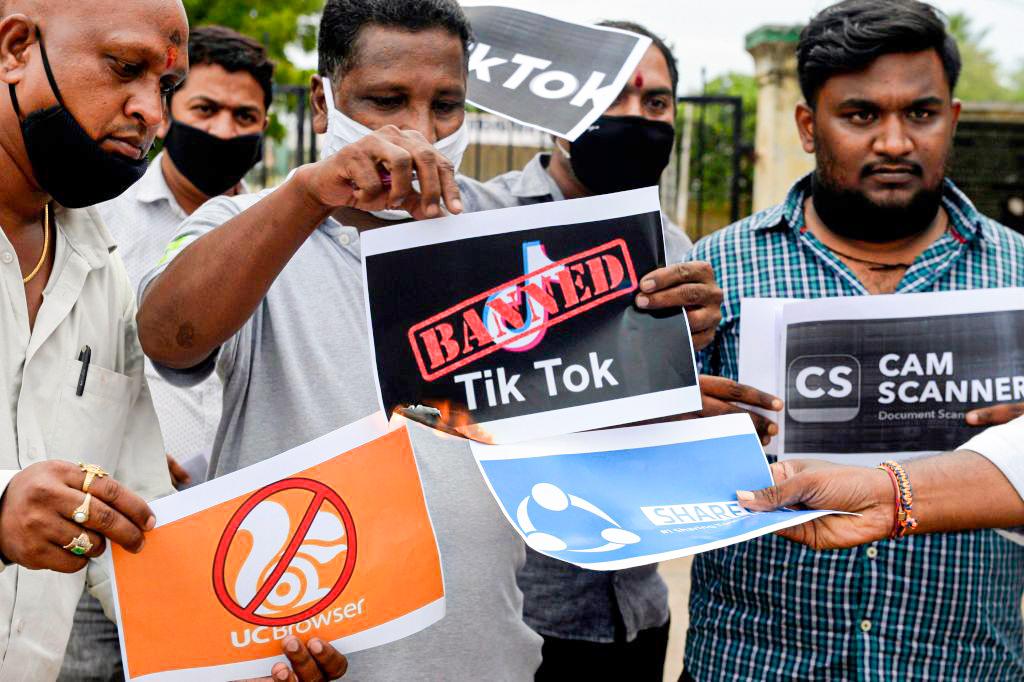NEW DELHI—The Indian government has issued an order banning 54 Chinese mobile applications that it says constitute a threat to the country’s national security, according to local reports. The move is the latest in a series of similar bans instituted amid a protracted border dispute between the two sides.
The Indian Ministry of Home Affairs issued a Feb. 13 statement saying that the 54 applications could collect sensitive user data through phone cameras and microphones for espionage and surveillance activities.





